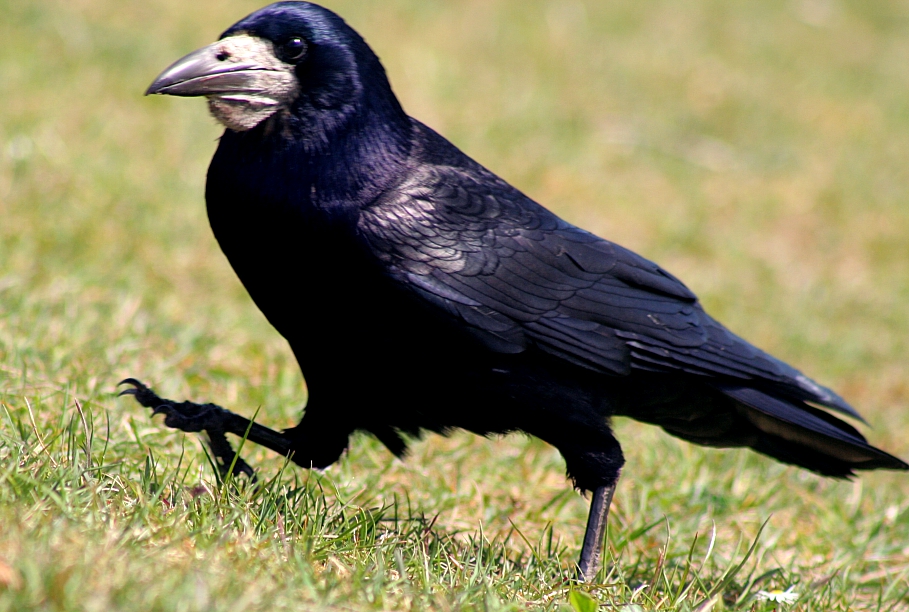Rooks were first seen nesting in Latvia in 1908, and nowadays the birds are mostly seen in parts of Zemgale. The squeaky voices and the accompanying droppings have become a staple of the area near Bauska Castle, and locals are not amused.
"It's not pretty how they... The trees should be cut, and then [the birds] can be liquidated," Bauska local Antons Žukovskis told Latvian Television.
Cutting trees is forbidden in the castle park as it's part of a nature reserve, although branches of linden trees by the sidewalks have been sawed off. Sound deterrents have also been used to scare the birds, to no avail.
"The city is being occupied more and more each year. [The rooks are] now even by the hotel, by the secondary school, by the Bauska hospital, at the Korfa garden where there hadn't been any but now there are more and more each year," Voldemārs Čačs, a maintenance specialist at the Bauska City Council.
The unwelcome guests have settled down at the Iecava park as well, flocking to the center of the tiny town in daytime.
Locals, whose community gardens are often damaged by the birds, are gathering signatures to press the municipality into acting on the issue.
"I understand that perhaps it's a little drastic against [the birds]. They have a right to live, but perhaps they should be moved someplace else," local Ginta told Latvian Television.
However the Latvian Ornithological Society says there's no recipe for making the rooks move elsewhere.
"Rooks settle down in cities not only because of the trees, or that is to say nesting places, but also because there are places to feed. One thing that people can do and which helps a little is keeping trash containers closed," said Viesturs Ķerus, board chairman of the Latvian Ornithological Society.





























